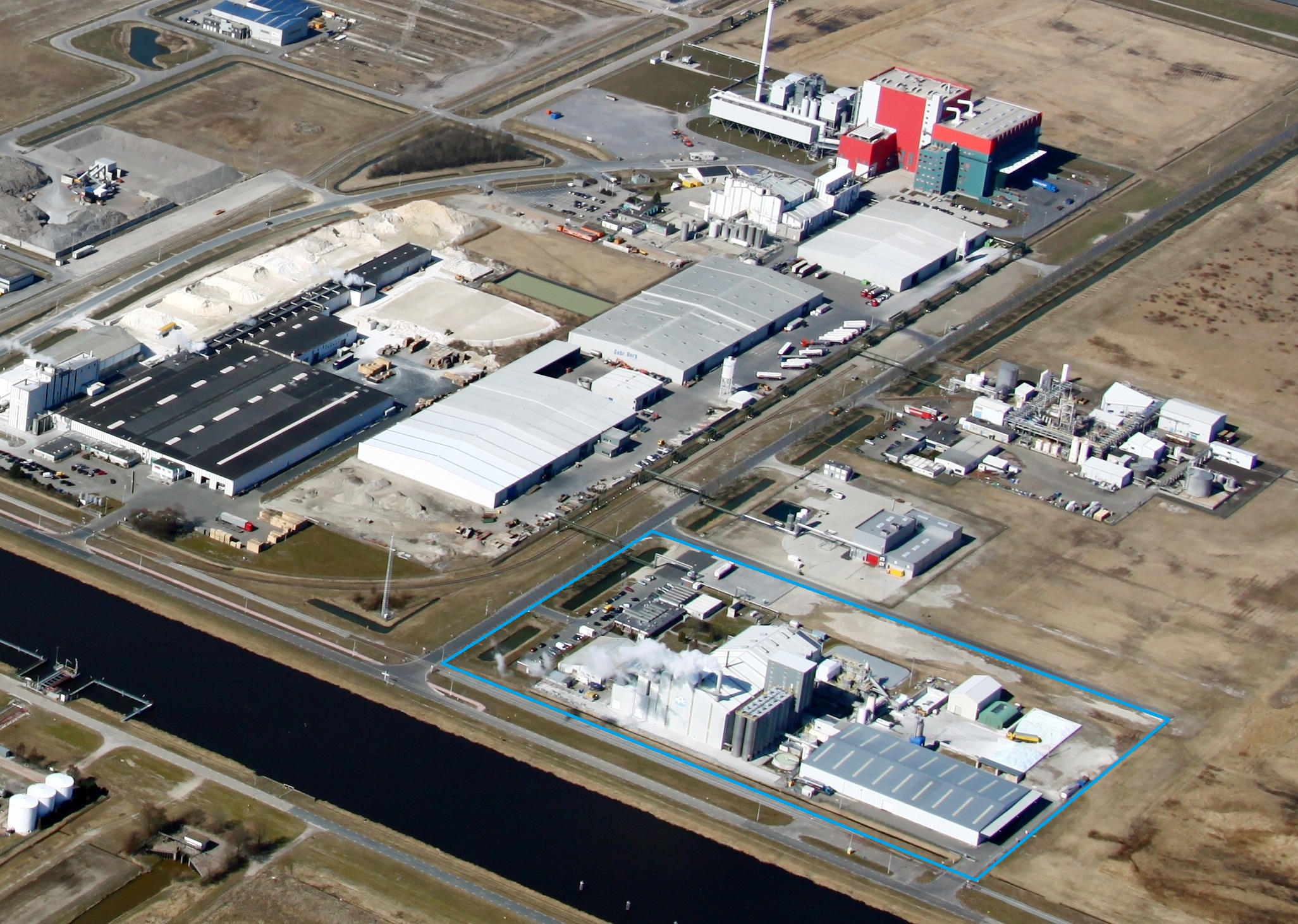PPG to increase silica production capacity at Delfzijl, Netherlands, plant
PPG to increase silica production capacity at Delfzijl, Netherlands, plant
Expansion to help meet growing worldwide demand for AGILON performance silica
PPG Industries announced that it is increasing precipitated silica production capacity at its Delfzijl, Netherlands, manufacturing location by more than 15,000 tons per year, due in part to growing global demand for AGILON(R) performance silica products.
The expansion is expected to come online in 2016 and will help PPG meet growing demand for its silica products, including large-scale Agilon volumes tied to a new multiyear global supply agreement with a multinational tire manufacturer.
“Based on positive customer trials and interest, demand for Agilon performance silica is growing globally,” said Anup Jain, PPG vice president, specialty coatings and materials.
“The multimillion-dollar investment in Delfzijl will not only expand capacity but also give us the flexibility to rapidly switch existing production capability between conventional precipitated silica and Agilon performance silica to meet marketplace needs,” Jain added. “The expansion demonstrates PPG’s commitment to our customers.”
Agilon performance silica is a high-value technology platform of chemically-modified precipitated silica that can improve the performance of products in which it is used. It can also drive manufacturing efficiencies by reducing capital, improving throughput and reducing volatile organic compound (VOC) emissions.
In tires, for example, Agilon performance silica can replace traditional silica-silane in rubber compounds to improve vehicle fuel efficiency, tire traction and treadwear by as much as 5 to 10 percent. In industrial rubber applications, the technology can serve as a higher-performing substitute for conventional precipitated silica, carbon black and other fillers where the end products require significant heat dissipation, high tensile strength, improved abrasion resistance or lower compression set.
PPG pioneered synthetic precipitated silica, becoming one of the first manufacturers to bring them to market in the 1930s. Today, PPG’s silica products group is a global leader in the manufacture of precipitated silica for use as a reinforcing filler in tire, industrial, footwear and silicone rubber applications; as microporous filler in battery separator applications; as a flatting and thickening agent in coating, adhesive and sealant applications; and as an anti-caking, free-flow and carrier agent in food, feed and industrial applications.
As part of PPG’s specialty coatings and materials business, the silica products group serves customers through a global network of manufacturing, research and technical-support facilities. For more information about PPG silica products, visit www.ppgsilica.com.
PPG: BRINGING INNOVATION TO THE SURFACE.(TM)
PPG Industries’ vision is to continue to be the world’s leading coatings and specialty materials company. Through leadership in innovation, sustainability and color, PPG helps customers in industrial, transportation, consumer products, and construction markets and aftermarkets to enhance more surfaces in more ways than does any other company. Founded in 1883, PPG has global headquarters in Pittsburgh and operates in nearly 70 countries around the world. Reported net sales in 2014 were $15.4 billion. PPG shares are traded on the New York Stock Exchange (symbol:PPG). For more information, visit www.ppg.com and follow @PPGIndustries on Twitter.

The PPG, Delfzijl, Netherlands, manufacturing plant

